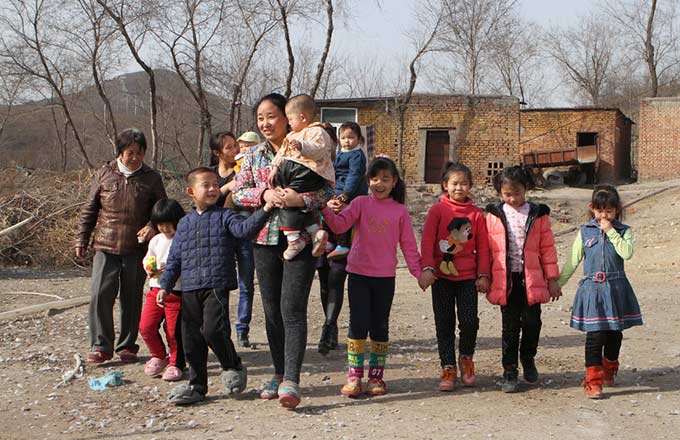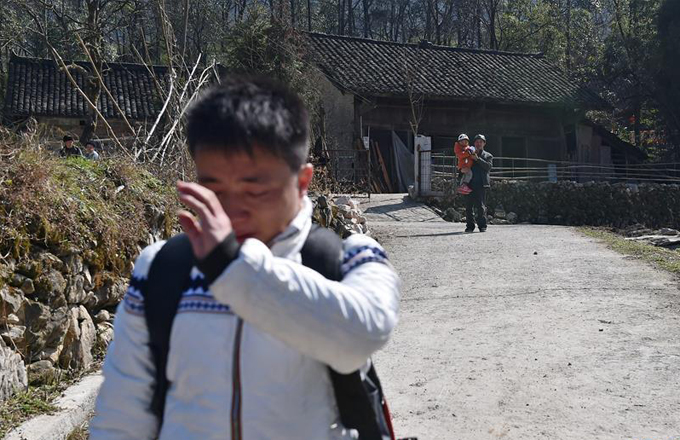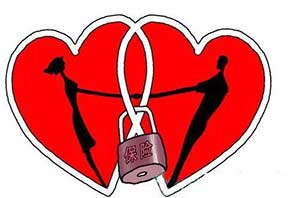Experts criticize online sales of court-seized goods
Leading figures in China's auction industry have criticized the sale of court-seized property and goods on the Internet.
Haining, in Zhejiang province, on Friday sold a workshop, facilities and land-use rights owned by a bankrupt leather company for 159 million yuan ($26 million).
It was the largest amount raised in an online auction of real estate on the Chinese mainland since judicial authorities in eastern Zhejiang province teamed up with Taobao, China's largest e-marketplace, in June.
A statement from Taobao quoted Xu Xinliang, a legal worker at Haining people's court, as saying the project had been a huge success.
Industry insiders, however, have raised doubts over the legality of such auctions.
Ou Shuying, deputy secretary-general of the China Association of Auctioneers, supports the move online but said the way it is being done in Zhejiang is questionable.
"Courts can only supervise. They are not allowed to deal with sales directly," she said, referring to two judicial interpretations, one on regulations from Civil Procedure Law, that require the commission of auction houses to handle the sale of seized property and goods.
"If this process (in Zhejiang) has problems, who will get the blame? We can't see who should be the responsible party in line with current laws," Ou said.
Friday's auction was advertised for two weeks (the site received 32,000 page views), with bidding open for 24 hours. The winner was an investment company in the city, according to Taobao.
The Haining people's court did not respond to calls from China Daily. However, Shen Cheng, who is in charge of judicial auctions for Taobao, said the website simply provides a platform for court officials to deal with buyers directly. No Taobao employers are involved in the sales, he insisted.
The e-marketplace has so far hosted 127 court auctions since June, for vehicles, homes and machinery, with 83 successfully concluded, according to the company statement on Friday.
As opposed to traditional auctions, where the house takes a cut of the final price, buyers in the Taobao sales do not need to pay commission. For example, the investment company saved 1 million yuan by snapping up the workshop and land-use rights online.
Of course, this spells a potential loss of business for the country's auction houses.
"If all courts handled auctions (for seized items via websites), many companies would go out of business," said Wang Litian, secretary-general of the association's Zhejiang branch.
Such a move would be a waste of professional resources, both for courts and auction houses, he said, adding that he wrote to the provincial high court last year to offer his advice but so far has not received a firm reply.
In addition, Wang said, "All Web companies should be given a chance to host the auctions, not only Taobao. How did Taobao win the service?
"At the moment, it's just not a fair environment for Web companies to compete for court auctions."
Courts in Ningbo's Beilun and Yinzhou districts were the first to put seized goods under the hammer online — two automobiles — before the project was rolled out across the province.
"Only Zhejiang is exploring online auctions now," said Shen at Taobao. "But we welcome more legal bodies to have a try and make use of our services."
However,Fang Zhizong, a judge in the Guangxi Zhuang autonomous region, urged caution among authorities. Regulations need to be improved first, he said.
Fang, who presides over cases in Wuzhou city's Wanxiu district, suggested China set up an online platform, or a third-party institute, that specializes in handling judicial auctions to avoid potential problems in supervision and to handle sales in a professional way.
caoyin@chinadaily.com.cn



















